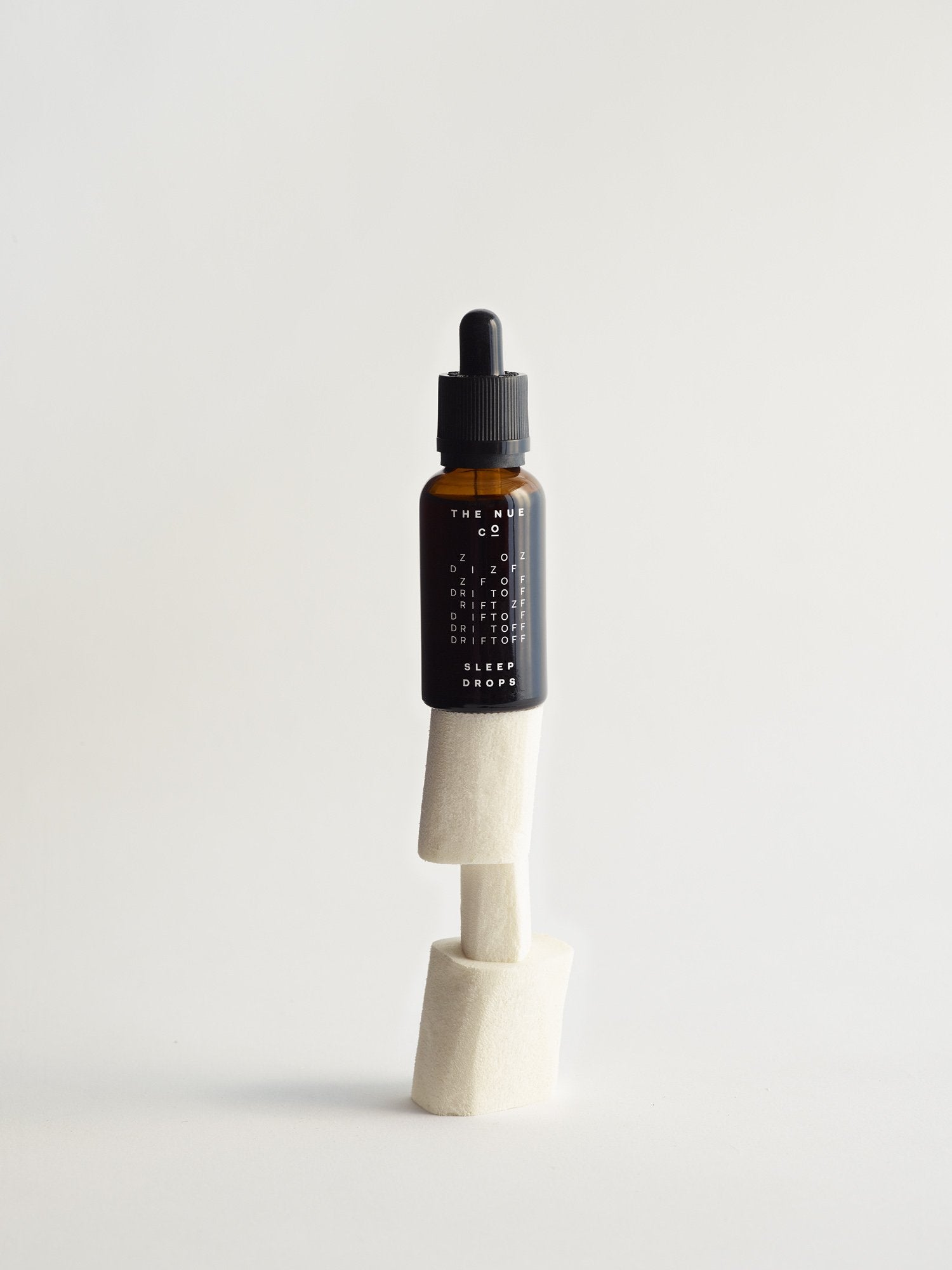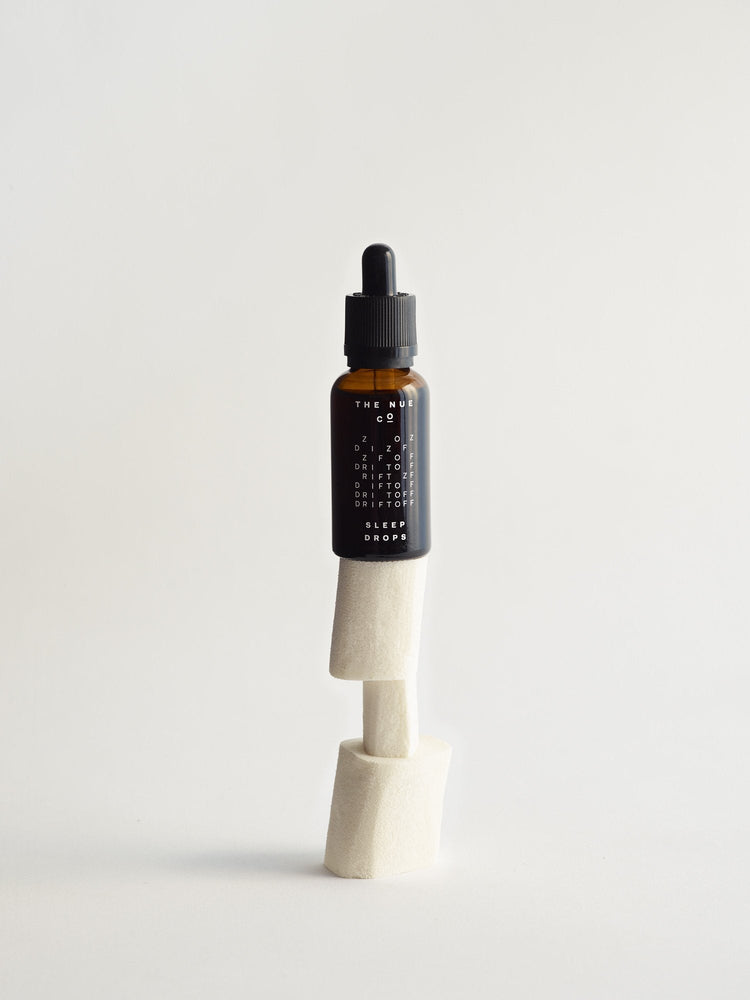Why am I always tired?


There’s nothing worse than when you get hit with a wave of fatigue. While it’s normal to feel tired once in a while, you’ve hit a point where you’re noticing you feel tired all the time. Though sleep does of course play an important role in this, your constant fatigue may be caused by something else.
CAFFEINE
When we’re feeling tired, we look for a quick fix. For many, that means a coffee or tea after a night of poor sleep, but the problem with caffeine is that it isn’t a long-term solution, and can actually make us even more tired. When it comes to chronic fatigue, drinking a caffeinated beverage to solve the problem is like trying to heal a broken foot with a bandaid. Try limiting caffeinated beverages as much as possible, and only drink up to 16 oz of coffee a day to keep caffeine in check. Swap one cup for ENERGY FOOD + PREBIOTIC, our caffeine-free formula which works to stabilise energy long term, support adrenal function and reduce cortisol spikes using potent adaptogens, medicinal mushrooms and Vitamin B12.
YOUR DESK JOB (AKA: A sedentary lifestyle)
One of our favourite excuses for bailing on exercise is that we’re “too tired.” But skipping regular exercise actually makes those feelings worse. And when we’re working at jobs where we have to be seated 90% of the time (exacerbated by COVID-19-imposed remote working), finding a way to stay active can be hard.
A simple solution is to go for a walk every few hours during those desk days and stretch your legs. However if you can fit in a workout before work, that’s ideal: “Cortisol, our stress hormone, gets released after exercise,” says Dr. Tiffany Lester, The Nue Co.’s medical advisor. “Our cortisol levels act on their own circadian rhythm that peaks from 6-9 am. Working out during in the morning helps support your natural rhythm leading to sustained energy throughout the day.”
Being physically active during the day can also contribute to a better night’s sleep, as studies have shown that regular exercise leads to improved sleep quality and can reduce fatigue during the following day.
DIET + DIGESTIVE DYSFUNCTION
Food = energy: an easy equation to remember. That being said, not all foods are made equal, and are converted to energy at different rates. That’s why we feel a quick boost when eating sugary foods but crash quickly after, as they break down quickly compared to other foods like lean proteins, which maintain energy levels over a longer period of time.
To ensure that your diet isn’t the reason for your energy crashes, try eating meals that meet the USDA’s recommended breakdown, so that 45 to 65 percent of your daily calories are from carbohydrates, 20 to 35 percent from fat and about 10 to 15 percent from lean proteins.
Another technique you may want to try is to eat smaller meals and snacks more frequently, as opposed to three meals per day. Our brains have few energy reserves of their own, so a steady supply of nutrients (even as little as a piece of fruit or a handful of nuts) can help keep it working.
If you’re finding that your fatigue seems to be sticking around, however, it could be indicative of a larger digestive problem. In fact, both Irritable Bowel Syndrome (IBS) and Leaky Gut Syndrome list fatigue as one of the most common symptoms.
When it comes to Leaky Gut Syndrome in particular, this connection is even more apparent. Cytokines, which are small secreted proteins and inflammatory compounds at that, are increased by the condition, and are directly associated with fatigue.
SLEEP
This is the first step we can take to make sure we have the energy levels we need to function throughout the day. As adults, we generally need at least seven hours of sleep per night to stay healthy according to the American Academy of Sleep Medicine and Sleep Research Society, but, most importantly, those seven hours of sleep need to be uninterrupted and restful in order for our brains to go through the five stages of sleep. But let’s be honest: getting the same amount of sleep every night can be really tough.
Here are some tips to make sure that every night’s sleep is a full one:
- To get a good night’s sleep, first try to avoid looking at any electronics at least an hour before bed.
- Make sure you’re hydrated, and then adjust the lighting so that it’s not too bright. This should help your body settle down and prepare for sleep.
- For additional help, we created SLEEP DROPS, which are formulated to calm your central nervous system so you can fall asleep and stay asleep.
STRESS
While fluctuating levels of stress in life are normal, when stress becomes chronic it can impact your energy levels, as studies have shown that stress is a leading cause of fatigue. To make matters worse, your response to stress (poor diet, little sleep) could lead to additional fatigue, resulting in a difficult cycle to get out of.
While reducing stress is often easier said than done, introducing stress-reduction techniques into your daily routine will help form a healthy habit. Breathing exercises, regular exercise and meditation can all help you regulate your stress levels from day-to-day.
ANAEMIA (Iron deficiency)
Iron is essential for our bodies, as it produces hemoglobin, which helps red blood cells to transport oxygenated blood through your body. When we aren’t getting enough iron, our body is unable to produce hemoglobin –– leading to anaemia. One of the most common symptoms of anaemia is fatigue, so if you haven’t been eating that many leafy greens or red meat (both of which are iron sources), and have been feeling tired constantly, it may be time to see a doctor and get a blood test to check your iron levels.
Edited by Lara Spiller